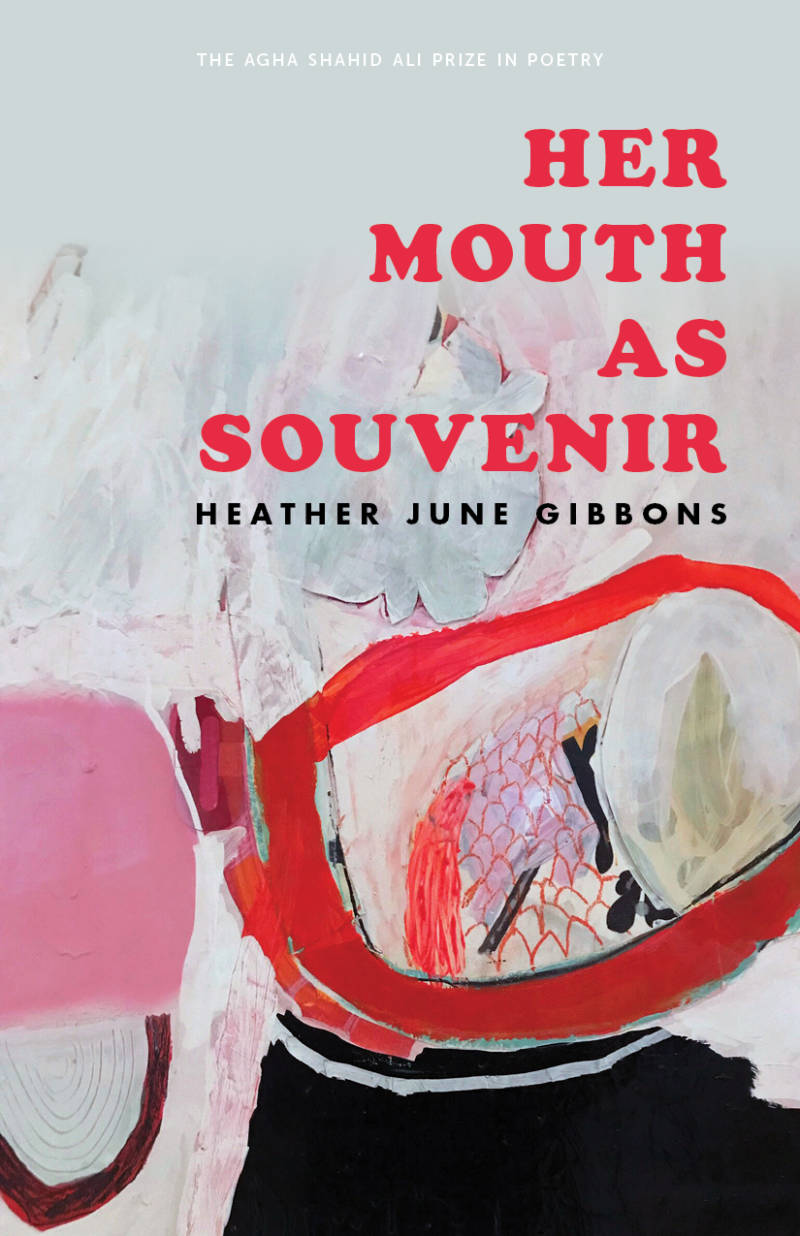Heather June Gibbons’s debut poetry book, Her Mouth as Souvenir, is a study of distraction, mediated reality and our humdrum efforts to avoid reflection by filling our time with activity.
Here is a poetry collection to read instead of reaching for your phone—however, it is also a poetry collection that will make you want to reach for your phone, as it reminds you quite eloquently of the fugue state of your mind as you caress your tiny screen. In either case, Her Mouth as Souvenir, out this month, precisely delineates the modern state of frayed nerves.
Here is the opening:
My project is plain persistence, self as spatula
scraping self as burned crud off skillet.
Personally, I don’t think more apt lines have been written to describe daily life in 2018. Divided into three sections, the poems in this book explore modern distraction and misperception, love and regret. Gibbons is at her best when she focuses her considerable powers on the boredom of inactivity or the strangeness of interacting with machines. In “Self-Portrait as Tongue” Gibbons writes:
A strange kind of stress
waving my hands back and forth
in front of a touch-free dispenser
waiting for its sensor to sense me
This kind of low-key anxiety runs through the whole collection. As in the excerpt above, Gibbons’s images usually carry something of the surreal in them, even though they seem quite ordinary at face value.



